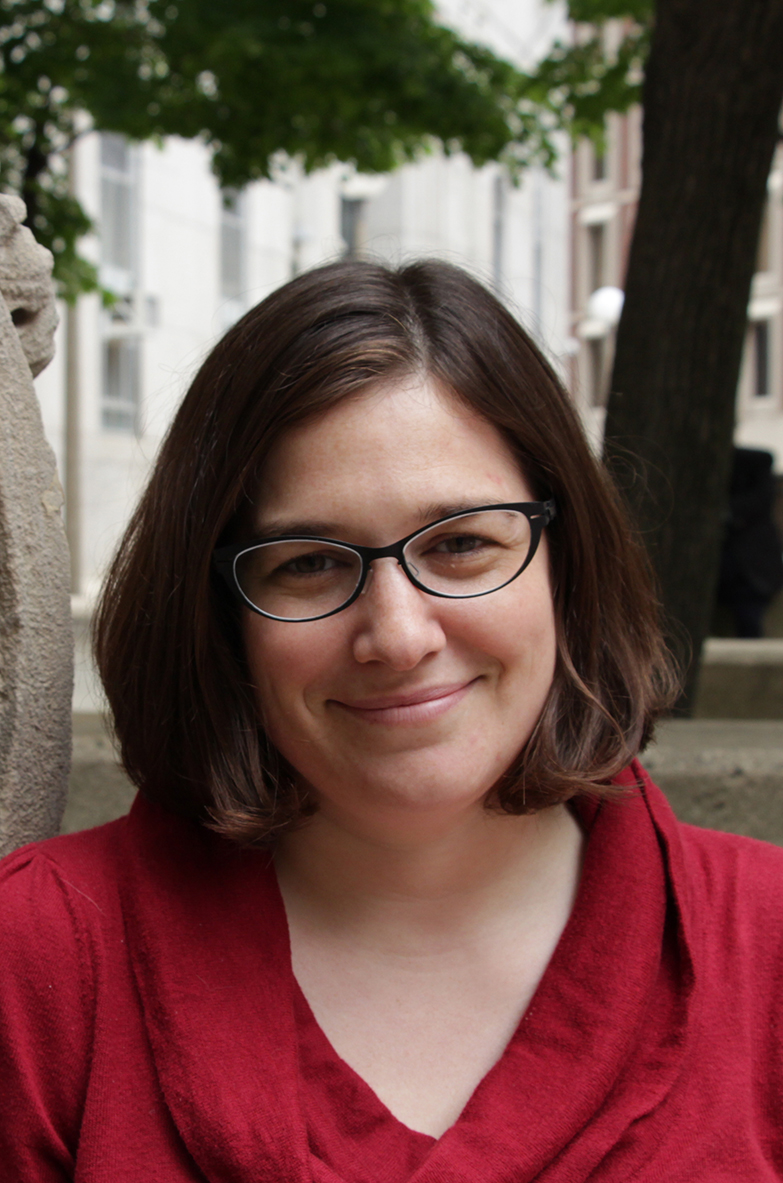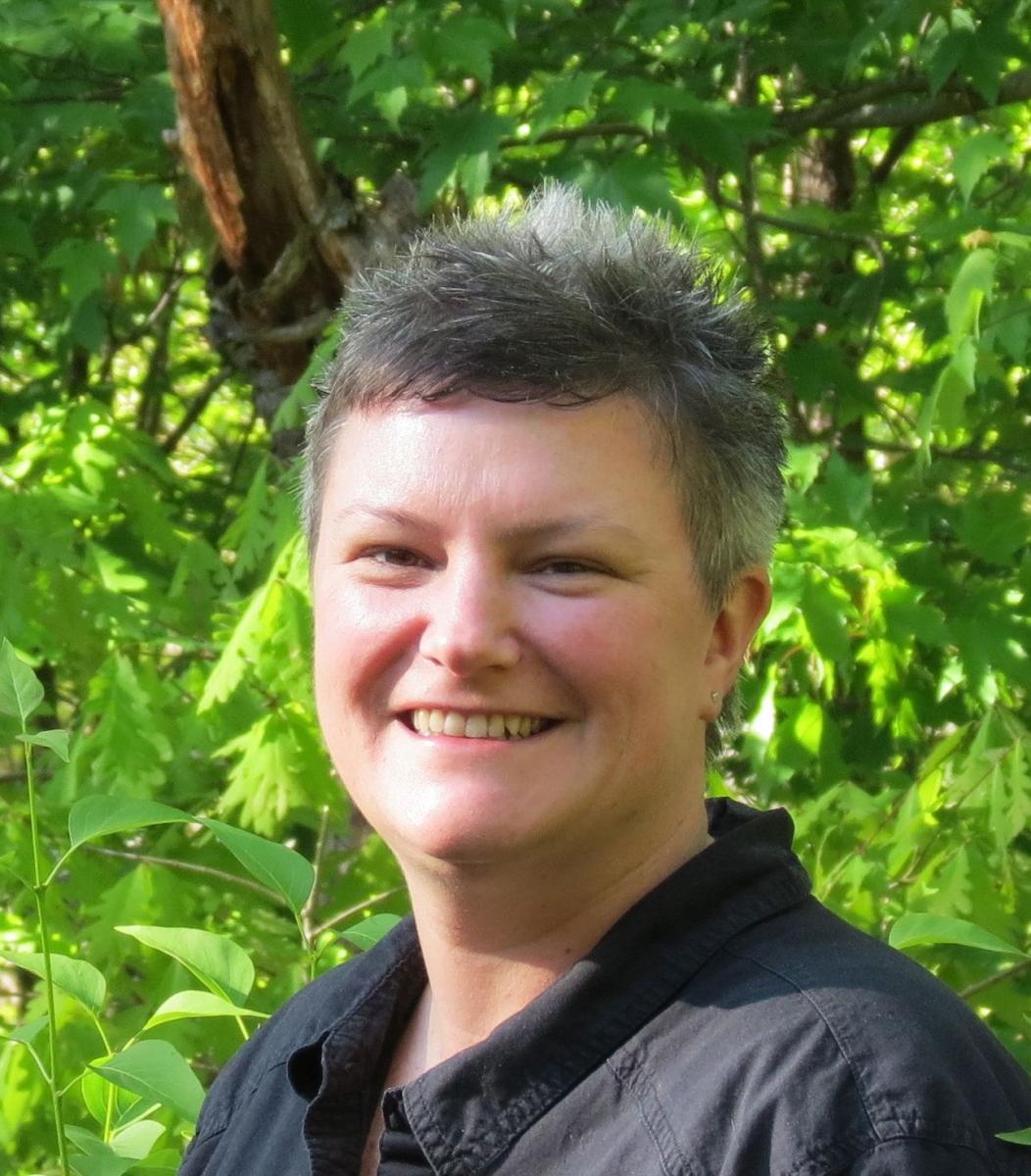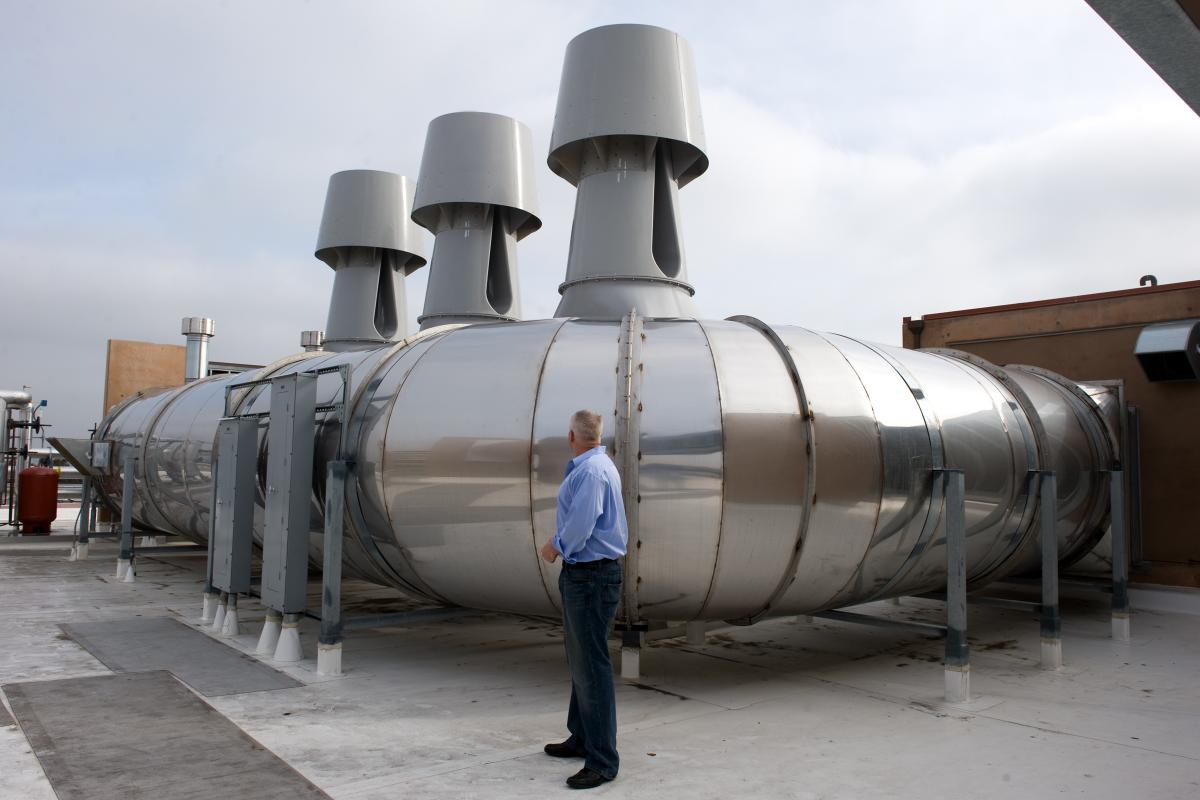ACUPCC Signatories, American University and George Washington University Join Together for Largest Solar Power Purchase

by Janna Cohen-Rosenthal
The project will be the largest non-utility solar photovoltaic power purchase agreement in the United States in total megawatt hours contracted. It is being constructed by Duke Energy Renewables on land in North Carolina. Once completed in 2015, the solar panels will generate 123 million kilowatt hours (kWh) of electricity per year, estimated to be the equivalent of powering 8,200 homes.
- Read more about ACUPCC Signatories, American University and George Washington University Join Together for Largest Solar Power Purchase
- Add new comment

 By Dr. Anne Waple, Director of Communication and Science at Second Nature
By Dr. Anne Waple, Director of Communication and Science at Second Nature
 ACUPCC Signatory, University of California Irvine, has earned California’s highest environmental honor, the Governor’s Environmental & Economic Leadership Award for its Smart Labs program. UC Irvine is committed to Governor Brown's plan to reduce California's carbon footprint and to the University of California's commitment to reach carbon neutrality by 2025, as recently announced by UC's new President, Janet Napolitano. Through UC Irvine’s “deep energy efficiency” program (their term for energy efficiency retrofit projects with associated significant energy savings) they are determined to demonstrate that efficiency can provide a major fraction of needed carbon abatement -- feasibly, quickly, and cost-effectively. The Irvine campus is now
ACUPCC Signatory, University of California Irvine, has earned California’s highest environmental honor, the Governor’s Environmental & Economic Leadership Award for its Smart Labs program. UC Irvine is committed to Governor Brown's plan to reduce California's carbon footprint and to the University of California's commitment to reach carbon neutrality by 2025, as recently announced by UC's new President, Janet Napolitano. Through UC Irvine’s “deep energy efficiency” program (their term for energy efficiency retrofit projects with associated significant energy savings) they are determined to demonstrate that efficiency can provide a major fraction of needed carbon abatement -- feasibly, quickly, and cost-effectively. The Irvine campus is now  approaching a 50 percent overall reduction in energy intensity achieved through a comprehensive program of deep energy efficiency, as a result of their “Smart Labs” program. Only a few years ago, no one believed that efficiency improvements and retrofits would yield a major percentage of needed carbon abatement, because the efficiency gains of new technologies - particularly sensors, digital controls, and software – were underestimated. All of those are key elements in UCI's comprehensive “Smart Labs” retrofit program.
approaching a 50 percent overall reduction in energy intensity achieved through a comprehensive program of deep energy efficiency, as a result of their “Smart Labs” program. Only a few years ago, no one believed that efficiency improvements and retrofits would yield a major percentage of needed carbon abatement, because the efficiency gains of new technologies - particularly sensors, digital controls, and software – were underestimated. All of those are key elements in UCI's comprehensive “Smart Labs” retrofit program.  announced her intent to bring the University to net energy neutrality by 2025. This bold plan builds on the reduction in carbon emissions that all campuses of the UC system have made as signatories to the American College & University Presidents’ Climate Commitment (ACUPCC) and demonstrates the true transformation that can result from higher education leadership. At Second Nature, we are looking forward to continuing to work with the campuses of the University and President Napolitano’s chancellors and staff as they implement this inspiring initiative. The full text of President Napolitano’s remarks can be found here:
announced her intent to bring the University to net energy neutrality by 2025. This bold plan builds on the reduction in carbon emissions that all campuses of the UC system have made as signatories to the American College & University Presidents’ Climate Commitment (ACUPCC) and demonstrates the true transformation that can result from higher education leadership. At Second Nature, we are looking forward to continuing to work with the campuses of the University and President Napolitano’s chancellors and staff as they implement this inspiring initiative. The full text of President Napolitano’s remarks can be found here: 




 2012 Second Nature Climate Leadership Awards
2012 Second Nature Climate Leadership Awards




